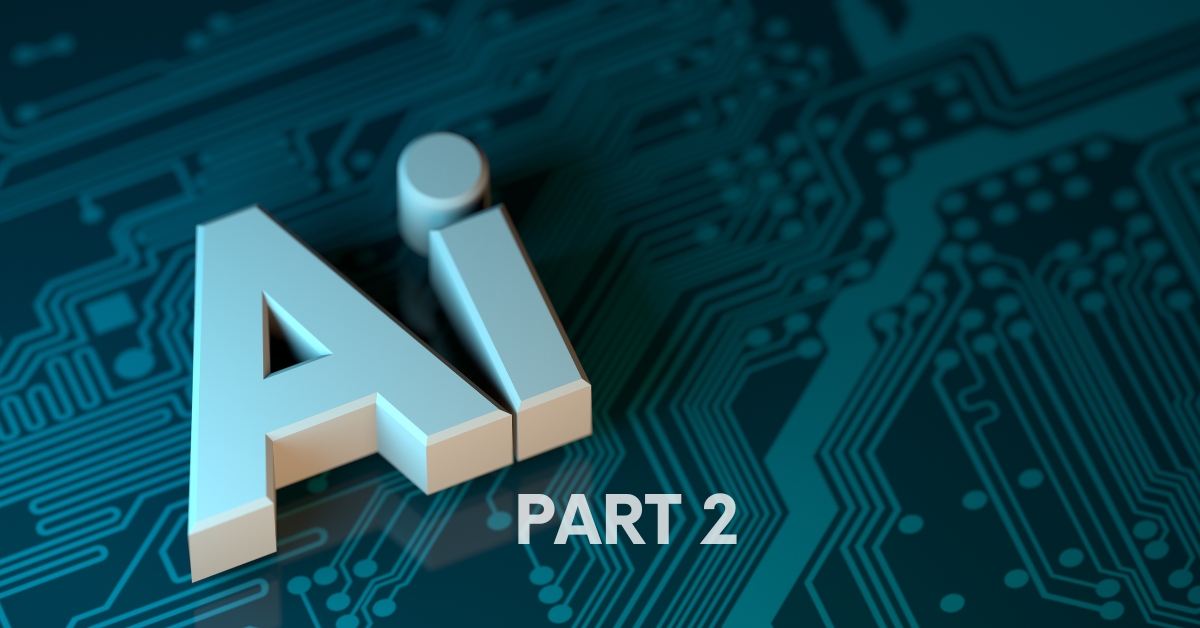Weare continuing to explore the key advantages of AI, how it’s transforming different sectors, and why it’s poised to play an even more significant role in the future.
Increased Efficiency and Productivity
AI systems are designed to optimize processes, reduce waste, and improve the efficiency of various operations. Whether it’s managing supply chains, optimizing energy use, or streamlining administrative tasks, AI can significantly boost productivity.
- Supply Chain Optimization: AI can analyze real-time data to predict demand, manage inventory, and even forecast disruptions due to external factors like weather or political changes. This ensures that companies can meet customer demand efficiently while minimizing costs.
- Energy Management: AI systems in smart buildings can monitor and adjust energy usage, optimizing heating, cooling, and lighting based on occupancy and weather conditions, ultimately reducing energy consumption and costs.
Enhanced Security
AI is playing a critical role in improving cybersecurity by identifying threats and preventing breaches in real-time. Machine learning algorithms can monitor network traffic, detect anomalies, and respond to potential attacks faster than human teams.
- Threat Detection: AI systems can analyze vast amounts of data to detect unusual patterns that may indicate a cyber threat, such as a data breach or malware attack. This allows businesses to respond quickly and mitigate damage.
- Fraud Prevention: In industries like banking and e-commerce, AI can monitor transactions to detect suspicious activity and prevent fraud before it occurs, ensuring the safety of customer information and financial assets.
Innovation and New Product Development
AI is fueling innovation across industries by enabling companies to experiment with new ideas, designs, and product features faster than ever before. AI-driven simulations, generative design, and predictive modeling are helping businesses develop innovative products that meet evolving market demands.
- Generative Design: In fields like architecture and product design, AI tools can generate multiple design options based on a set of parameters, allowing designers to explore innovative solutions that they might not have considered.
- Predictive Analytics: AI can forecast market trends and customer preferences, helping businesses stay ahead of the competition by launching new products and services that align with consumer demands.
Accessibility and Inclusion
AI technologies are helping create more inclusive and accessible environments for people with disabilities. From speech recognition software to AI-driven assistive devices, these tools are breaking down barriers and improving quality of life.
- Voice Assistants: AI-powered voice recognition software, like Apple’s Siri or Google Assistant, allows people with mobility issues to control their devices, perform tasks, and access information without needing to interact physically with a screen or keyboard.
- AI in Education: Adaptive learning platforms can customize educational experiences based on individual learning needs, making education more accessible to students with disabilities or learning challenges.
The advantages of AI are far-reaching, impacting virtually every industry and sector. From improving productivity and efficiency to driving innovation and enhancing customer experiences, AI is a transformative force that is reshaping the world as we know it. As AI technologies continue to evolve, their potential to solve complex problems and create new opportunities will only grow.
However, while the benefits of AI are clear, it’s essential to approach its integration thoughtfully. Ethical considerations, data privacy, and the potential displacement of jobs are challenges that need to be addressed as we embrace the full potential of AI. With careful planning and responsible implementation, AI can lead to a future that is more efficient, inclusive, and innovative for everyone.


